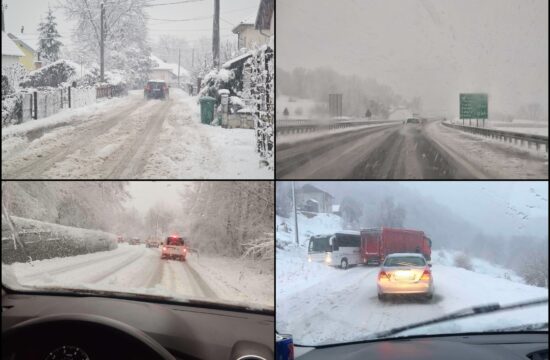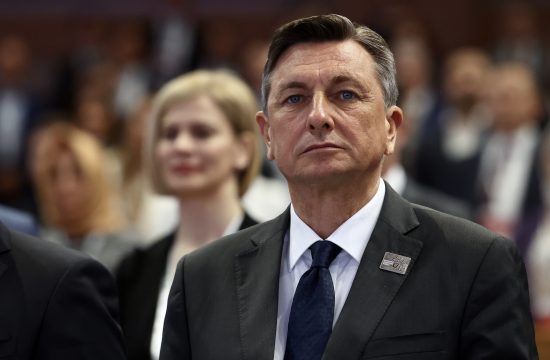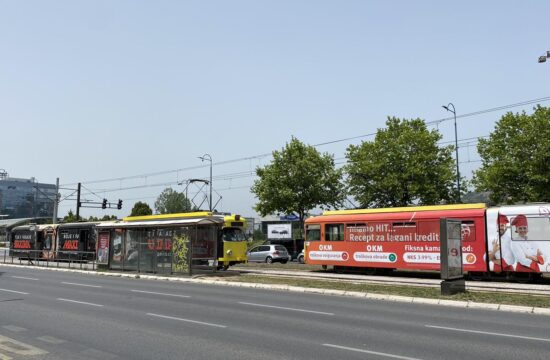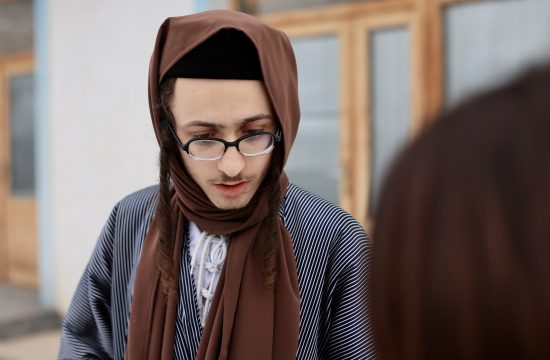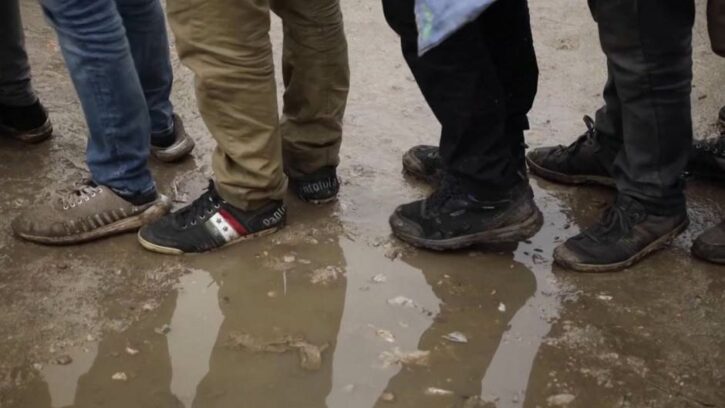
The measures being undertaken to protect the EU's external borders, including the Croatian-Bosnian border, from illegal migrants must respect fundamental human rights, including the right to asylum in line with the acquis, the head of the EU Delegation in Bosnia and Herzegovina, Johann Sattler, said on Saturday.
He did so in an open letter, responding to several Bosnian NGOs which asked him on Friday to take a position on their remarks that the financial assistance the EU sends to deal with illegal migration is being misspent as more is being directed to the “militarization of security forces” than to help the migrants who live in inhumane conditions in Bosnia.
A group of NGOs called Peace Network said in a letter they were “deeply concerned that the humanitarian and political crisis related to people moving across Bosnia and Herzegovina is continually being used as an excuse for the further militarisation of security forces.”
“For any one of us who experienced war in the 1990s, spending money on semi-autonomous security forces such as cantonal police, combined with the ongoing political crisis and heightened nationalist rhetoric, is indeed alarming. Unfortunately, the EU is increasingly contributing to these worrying processes,” the letter said.
The NGOs are against the EU's closed borders policy, saying that it puts migrants stuck in BiH en route from one EU member state to another into an impossible situation.
Preventing their re-entry to the EU “by the violence of the Croatian and Slovenian border police” is a crime against humanity which contributes to the growing tensions in Bosnia and Herzegovina, the letter said.
In his response, Sattler recalled that €36 million in EU funds has been paid as assistance to BiH since early 2018 and that 94% of that has gone to fund the work of migrant camps and the remaining 6% to strengthen BiH's border control capacity.
The EU will continue to participate in looking for sustainable and acceptable solutions for all through dialogue and in consultation with Bosnian authorities, he said.
The measures on the EU's external borders, including the Croatia-Bosnia border, must be proportionate and respect fundamental rights and EU asylum rights, notably the principle which bans pushbacks, Sattler added.
The European Commission is in contact with Croatia's authorities concerning the implementation of the European asylum system, he said, explaining Brussels’ stance on frequent accusations against the Croatian police concerning the treatment of migrants who attempt to illegally cross the border.

